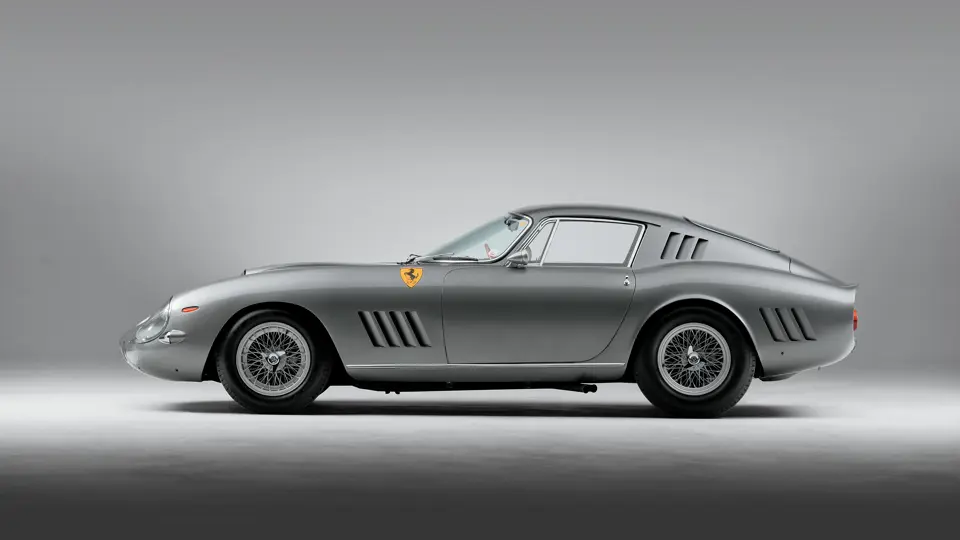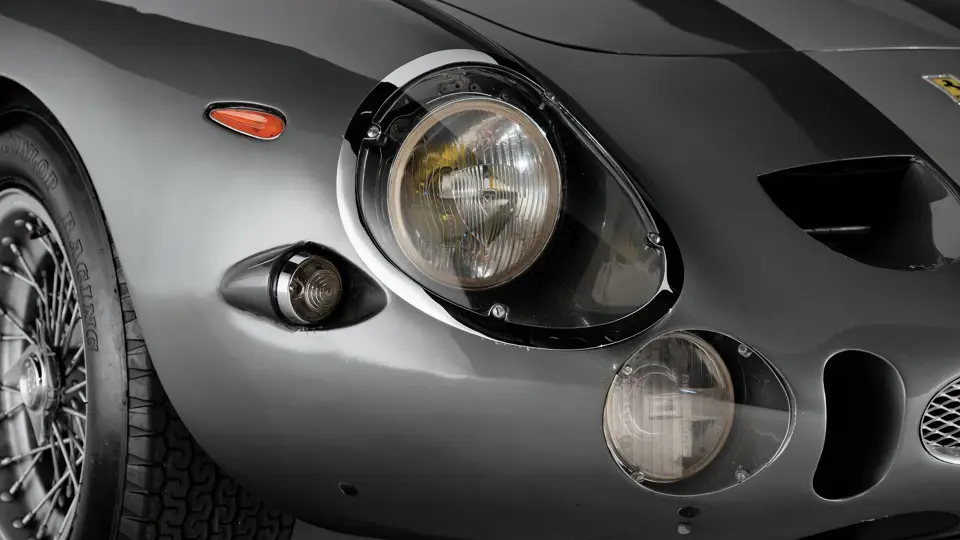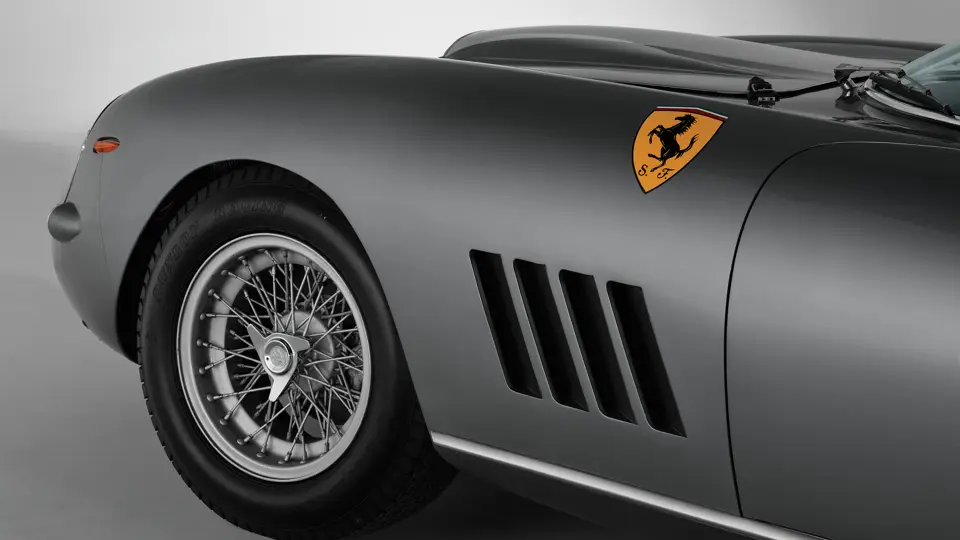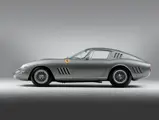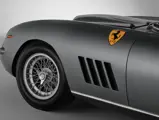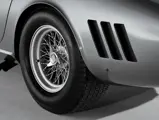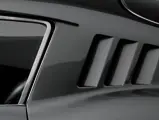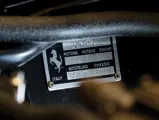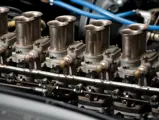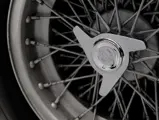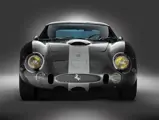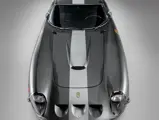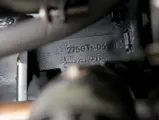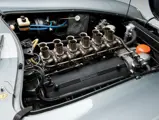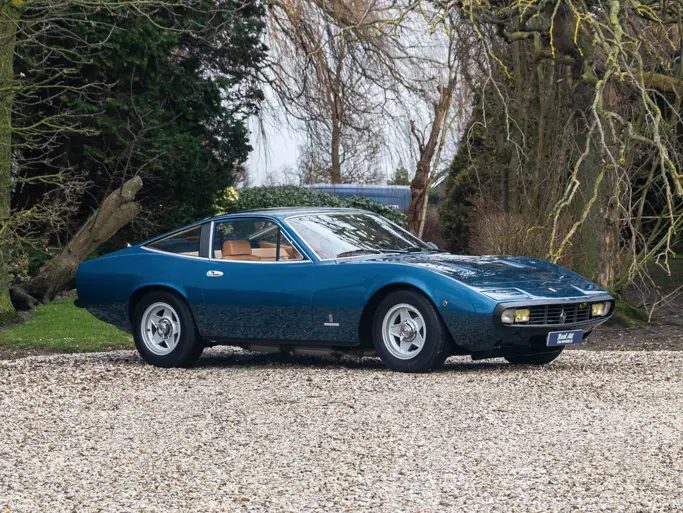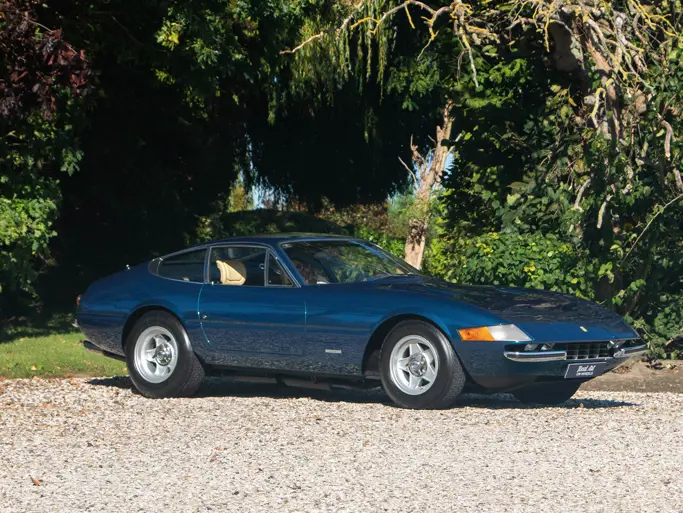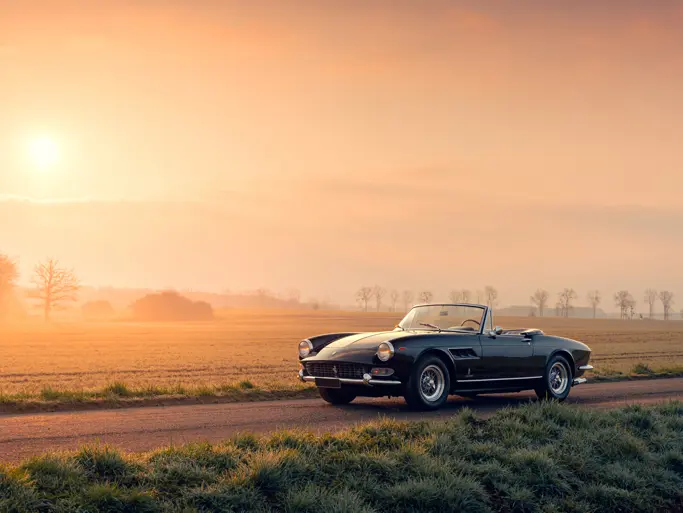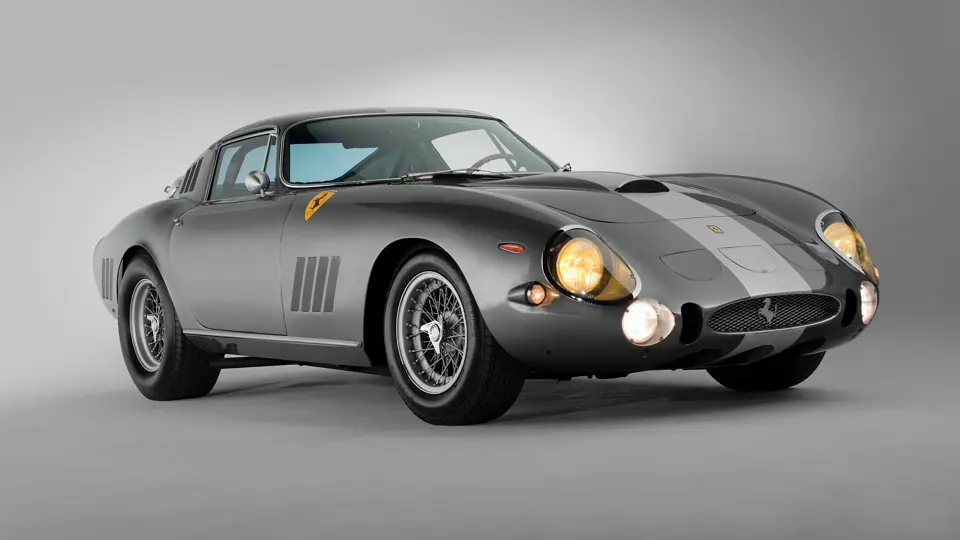
1964 Ferrari 275 GTB/C Speciale by Scaglietti
{{lr.item.text}}
$26,400,000 USD | Sold
{{bidding.lot.reserveStatusFormatted}}
- An historic, unique, and unrepeatable opportunity to acquire such an important automobile
- The first of only three Works berlinetta competizione cars built; rarer than its 250 GTO siblings
- Known provenance from new; original matching-numbers engine
- A superb historic racing and rallying entrant
- Meticulously researched by Swiss Ferrari historian Marcel Massini
320 hp, Type 213/Comp 3,286 lightweight block V-12 engine with six Weber 38 DCN carburetors, five-speed manual transaxle transmission, four-wheel upper and lower wishbone coil-spring independent suspension, and four-wheel disc brakes. Wheelbase: 94.4 in.
Please note, internet bidding will not be offered on this lot. Interested parties wishing to bid remotely are encouraged to bid via telephone or absentee. Please click here to register.
Few motor cars in the world possess such intrinsic desirability that their availability at auction sends shockwaves through the community of automotive enthusiasts around the world; fewer still are so exceptionally rare, fast, and achingly beautiful that they attain legendary status. These select few motor cars, at the highest point on the capstone of the collector car pyramid, represent the benchmark from which all superlatives in automotive history are born. They are, quite inarguably, the most important cars in the world.
Even within this exclusive group, 06701 stands out among its peers. Without even considering its almost unbelievable rarity, its matching numbers, its breathtaking design, or the pedigree of its family tree, it not only counts the 250 GTO series among its brothers but, more immediately, the two other 275 GTB/C Speciales, successors to the GTO, neither of which are likely to ever come up for sale and one of which holds a record that remains unbroken at Le Mans after a half century!
THE GTO ’65
The era into which 06701 was born saw Ferrari not only dominate endurance racing but experience a serious challenge from the American Ford-powered teams in both the prototype and GT classes. The all-conquering 250 GTO had won the GT class three years in a row, and Ferrari’s P-series of sports prototype racing cars were exceptionally formidable as well, but Carroll Shelby’s Cobra Daytonas and the persistent development of the Ford GT40 always had the gentlemen from Maranello looking in their rearview mirrors.
Ferrari knew it had a chance for victory in 1965 with a new competition-ready version of its 275 GTB, which was to be released at the Paris Motor Show in October of 1964. As the first Ferrari with an independent rear suspension and a transaxle gearbox, it was a major improvement over the outgoing 250-series and a superb evolution of the front-engined 250 GTO.
During late 1964 and early 1965, Ferrari built three 275 GTB/C Speciales, specifically for FIA homologation and factory development, each boasting unique details from the standard 275 GTB/Cs that would follow. All were fitted with super-lightweight aluminum bodywork, a Tipo 563 chassis constructed of smaller and lighter tubes, and the type 213/Comp dry-sump engine topped with six Weber carburetors first seen in the 250 LM, which was mounted lower in the chassis to lower the car’s center of gravity. This engine was specifically developed with big valves and cylinder heads, like the 250 GTO or 250 LM, 9.7:1 compression ratio pistons, the already well-tested Tipo 130 camshaft (10mm lift), and most of the auxiliary casings made in magnesium. With 70 additional horsepower powering a chassis that was lighter in all respects to the standard 275 GTB road car, this was undoubtedly the most formidable weapon in Ferrari’s competition arsenal. As Giancarlo Rosetti stated in his Forza article entitled “Legend of the GTO ’65,” “while the GTB/C Speciales were built on 275 chassis and fitted with 3.3-liter motors, it’s easy to see where they evolved from.”
Completed in April 1965, chassis 06701, present here, was the first of the three 275 GTB/C Speciales built. It uniquely hand built in all respects, as were the two cars that followed. As per the build sheet, the car was originally fitted with a 250 LM type exhaust with side pipes. Its rear fender shared a very similar profile with the ’64 250 GTOs, as did its front end, which also bore some resemblance to that of a 330 LMB. For added ventilation to the brakes, two oval slots were cut in the nose and another three vents behind the rear wheels. Additionally, the car features an outside aluminum fuel filler cap, specific to the 140-liter fuel tank, to allow for faster fueling during pit stops and a stunningly sculpted air-intake on the hood. Inside, a pair of GTO-style aluminum bucket seats holds both driver and passenger firmly in position.
All told, Ferrari had arranged a powerful arsenal for Le Mans. The 275 GTB/C would ideally run in the GT class and the 250 LM in the prototype class. They were determined to dominate not just one but both categories.
With the FIA still incensed from Ferrari’s attempts to incorrectly homologate the 250 GTO and 250 LM, however, the 275 GTB/C Speciales were not granted homologation, as the car submitted was considerably under the dry weight stated for the road-going 275 GTB in Ferrari’s own sales literature. Determined to see the car compete, Ferrari offered to accept homologation at the weight stated for the road-going 275 GTB, but the FIA refused and Ferrari decided that it would not compete in the 1965 season in the GT class. Eventually, both sides would reach a compromise by June of 1965, but only chassis 06885 would see competitive action during that season. Although its racing career was brief, 06885 quickly proved the potency of the Speciales, finishing an incredible third overall at the 1965 24 Hours of Le Mans, a record that has stood ever since as the best finish by a front-engined car.
Chassis 06701, meanwhile, was sold directly from the factory to Pietro Ferraro of Trieste, Italy, in May of 1965, who registered it on the plate “TS 75946” and proceeded to use the car exclusively on the road. It was registered to Cartiere del Timavo, his paper producing company. Prior to the car’s sale, it is believed that the car’s exterior color was changed by the factory from its original Rosso Cina to Grigio Scurro Metalizatto. Furthermore, the factory also fitted front half bumpers and full rear bumpers, indicating that the car would be used by its first private owner on the road.
Ferraro passed the car to Alessandro Gregori in 1969, and around this time the car had gained a silver band over its grey paint. Gregori owned the car for just two months but registered it in Vicenza with the registration “VI 167868” for further road use. Chassis 06701 then traveled to the United Kingdom, where it was sold to Colonel E.B. Wilson of London, who then passed the car to long-term owner Michel Pobrejeski of Boulogne-Billancourt, who retained the car for 25 years. Within about the first decade of its life, three GTO style nose vents were cut into the bodywork, in order to provide better ventilation to the engine—a welcome improvement to the car, as demonstrated at the 1965 24 Hours of Le Mans where the mechanics of Ecurie Francorchamps cut a progressively wider cooling inlet in the bonnet of 06885 over the course of the race. At that time, Pobrejeski also had the car repainted red.
Respected Ferrari collector Brandon Wang would be the next owner of 06701, and he immediately decided to campaign the car in historic events. He entered it in the International Historic Festival at Goodwood and later at Tutte Le Ferrari in Mugello. Chassis 06701 proved to be highly competitive, and in an article written about the car in Cavallino (issue 110), Ferrari historian Keith Bluemel specifically mentioned its outing at Goodwood, stating that, “If a parallel could be drawn with its performance in the race to what it might have achieved during the 1965 season, then it would have been a very competitive package.” The following year, the car took to the Nürburgring for the Ferrari Racing Days and Shell Historic Challenge. In Mr. Wang’s ownership, the car was also shown at the VIII Automobiles Classiques Louis Vuitton Concours d’Elegance in Paris.
In 1997, while still in the ownership of Brandon Wang, 06701 was driven on the Tour Auto by Derek Hill with his father and 1961 Formula One World Champion Phil Hill riding along as navigator. Wang decided to restore the car upon its return, opting to refinish the car in its highly attractive two-tone silver and grey color scheme that the car wore earlier in its life.
Following the completion of the restoration in 1998, the car was purchased by another noted collector and was displayed at the FCA National Concours in Los Angeles in May of 2002. The year 2005 brought about two more public appearances for 06701, and it was displayed at the 14th Cavallino Classic in Palm Beach in January and was on the track at Laguna Seca for the Monterey Historic Races in August. Since then, 06701 has been carefully preserved by its current owner, who, like his predecessors, is a connoisseur of other fine, rare automobiles.
RARITY IN THE EXTREME
Notwithstanding the 275 GTB/C’s extraordinary racing capability and bespoke scuderia Ferrari character, 06701 is a car whose inclusion in these pages will almost certainly never happen again, particularly since its two sister cars are very unlikely to become available. Chassis 06885 has been owned since 1970 by noted enthusiast Preston Henn, who has clearly stated that he intends to continue enjoying the jewel of his collection, which some enthusiasts speculate may be the first motor car of any kind to sell for the magic “nine-figure” mark, should it ever become available. The third and final car of the series, chassis 07185, is also part of a prominent private collection and is likewise very unlikely to be sold in the near future. This, then, renders 06701 the only opportunity to acquire this unbelievably rare evolution of the GTO concept, the 275 GTB/C Speciale—a model whose brief stint at Le Mans proved so dominant that its record stands to this day. It is a model so attractive, so fast, so rare, and so superior in every respect that it may rightfully be considered one of the most important cars in the world.




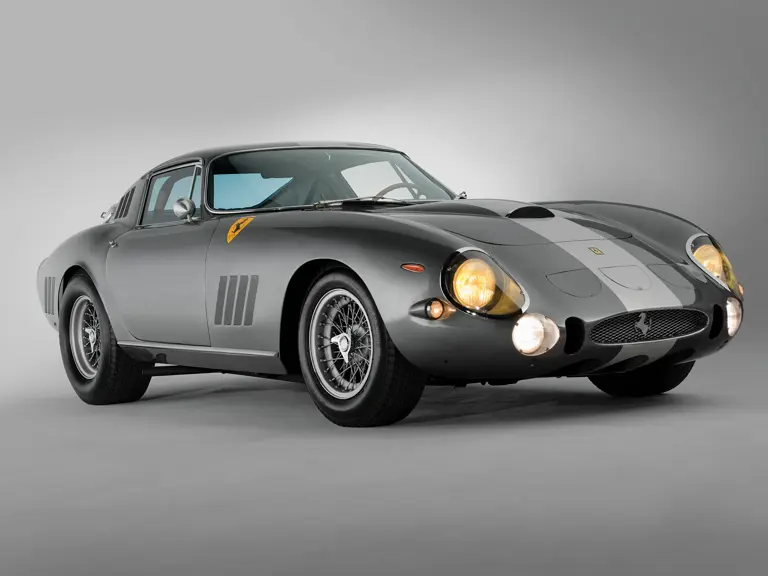
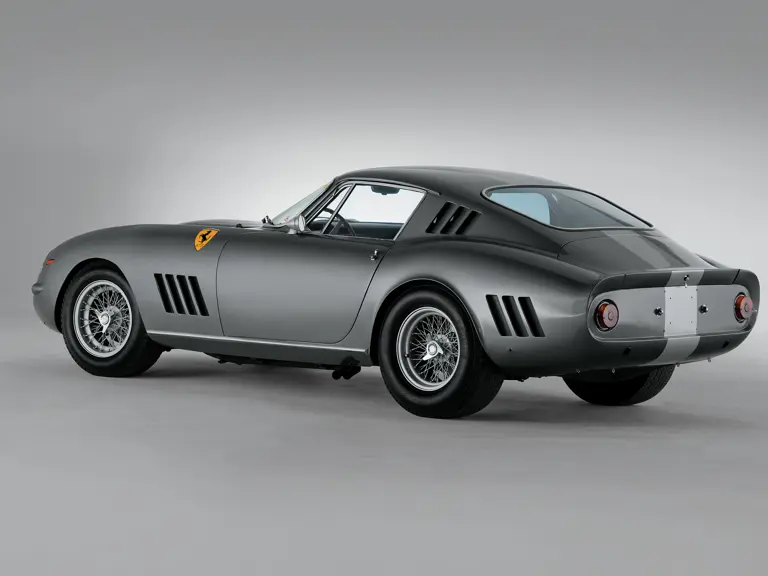
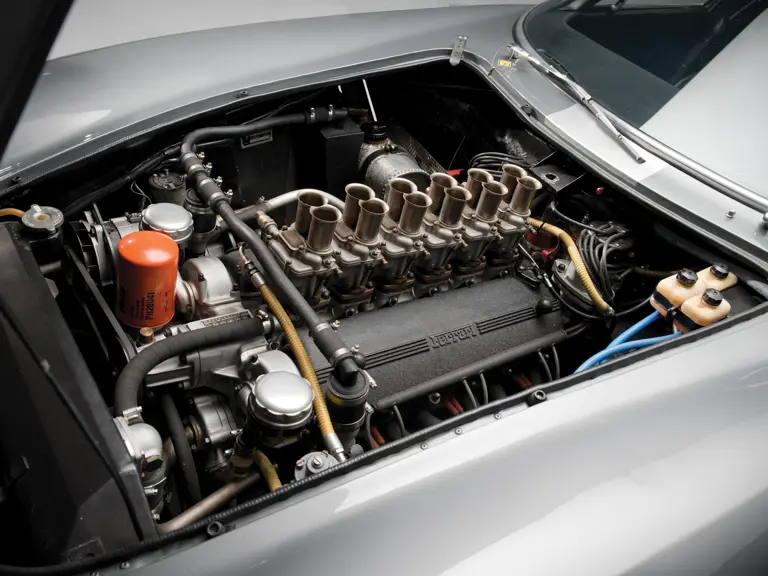
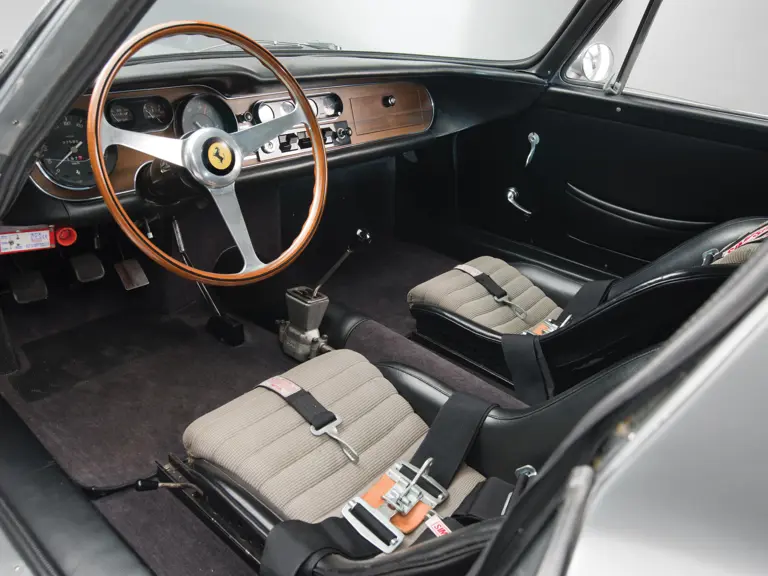
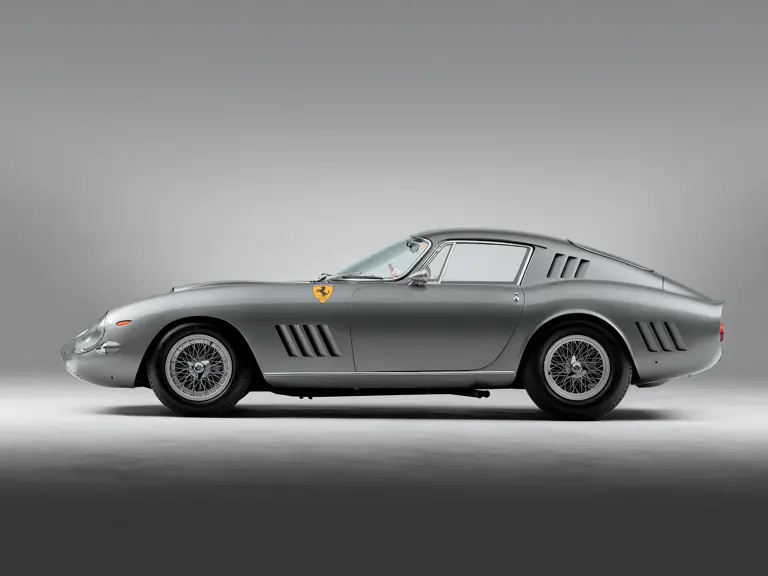
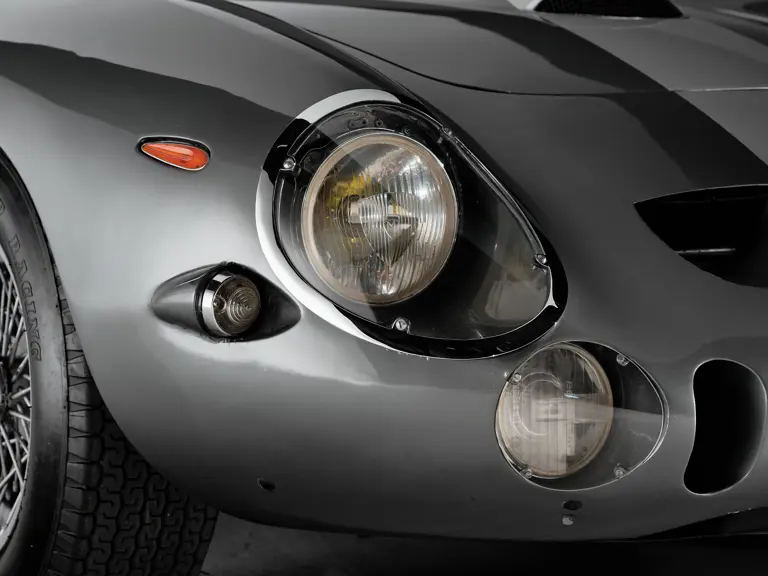
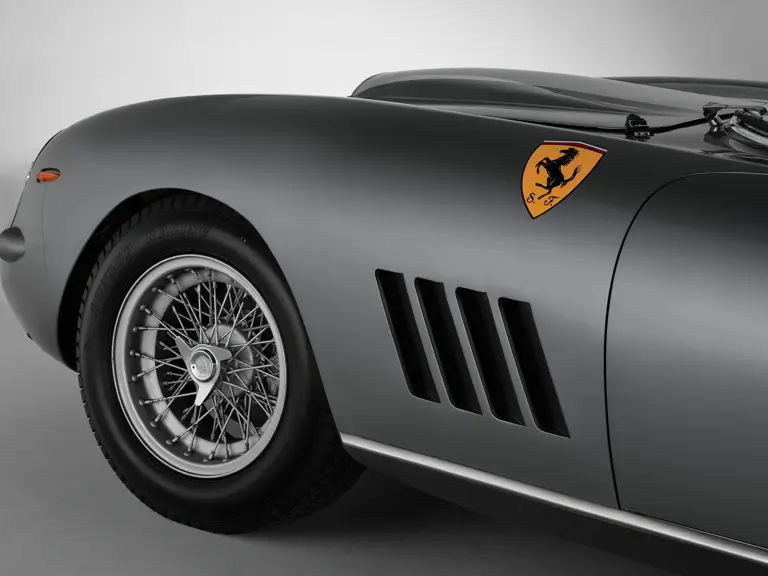
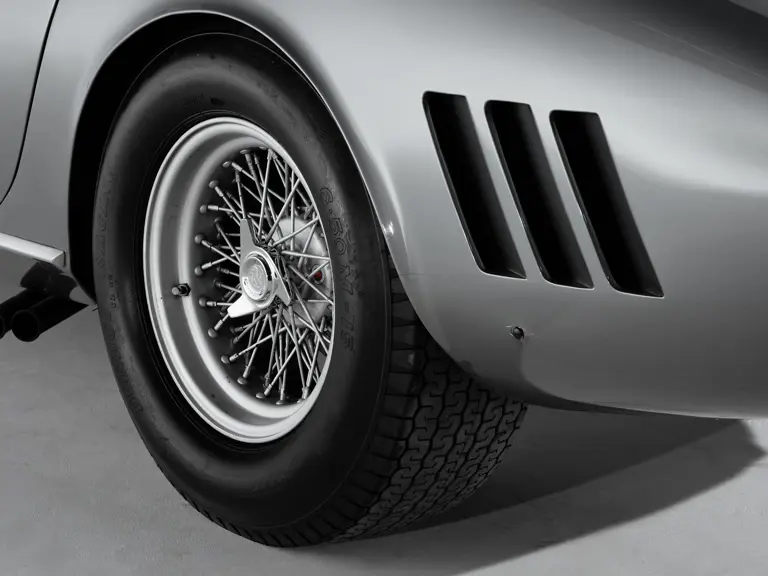
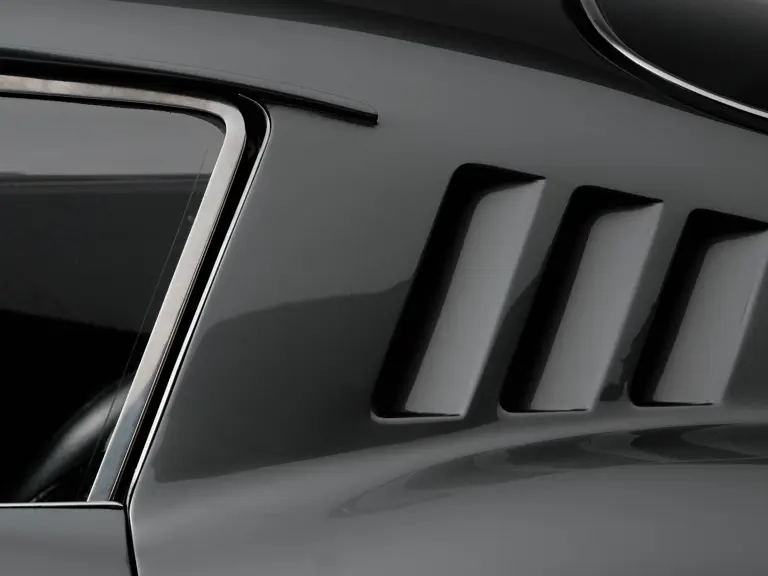
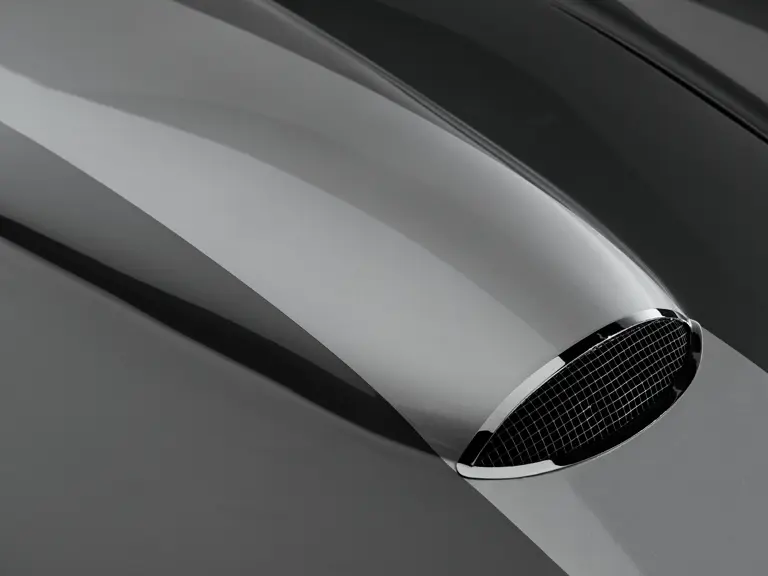
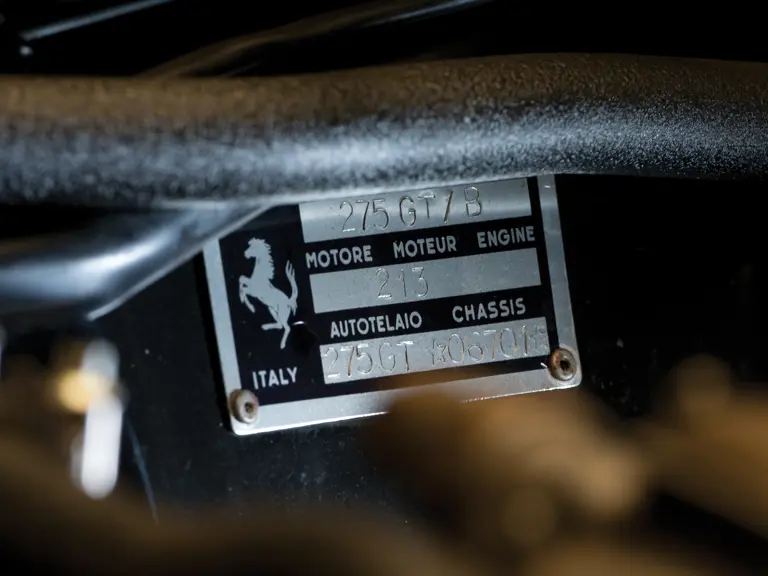
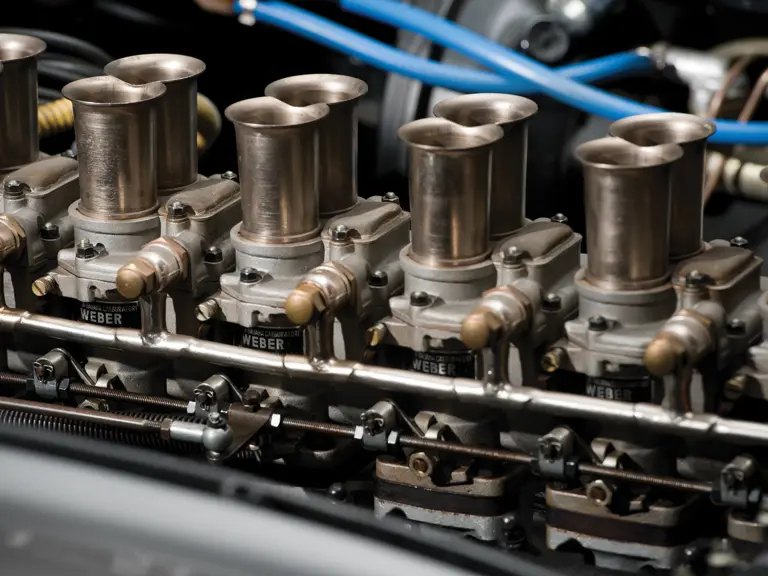
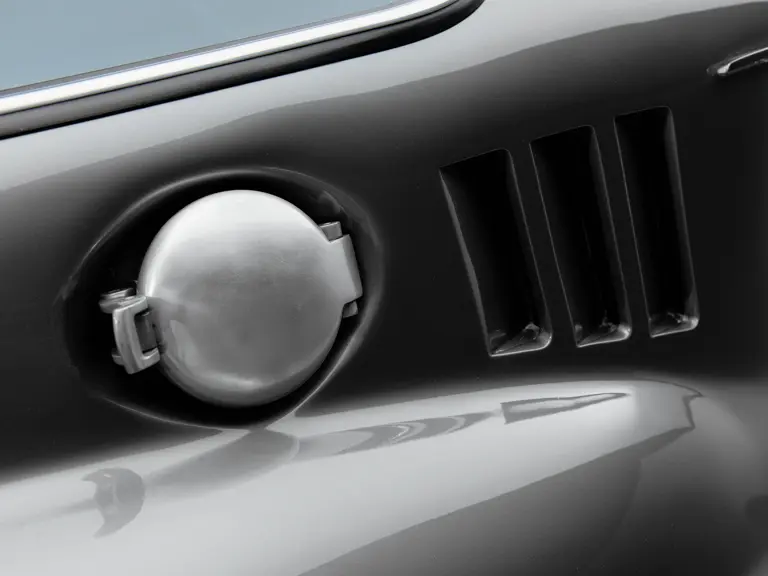
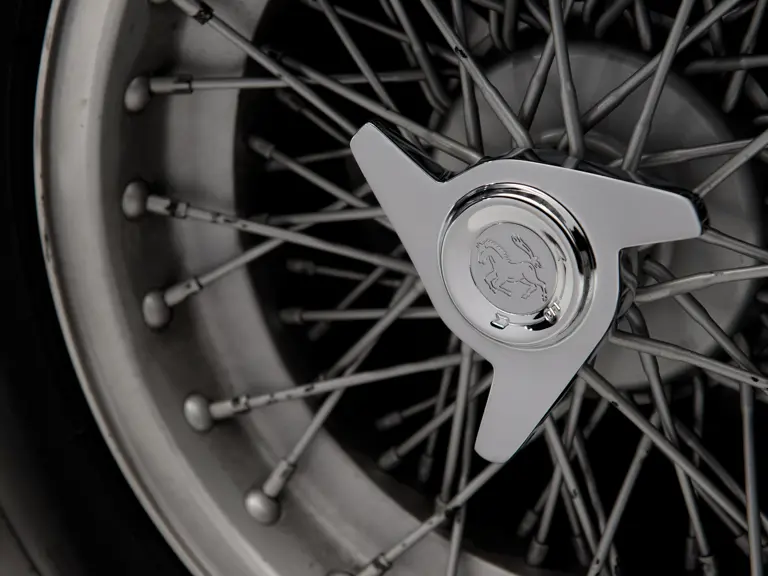
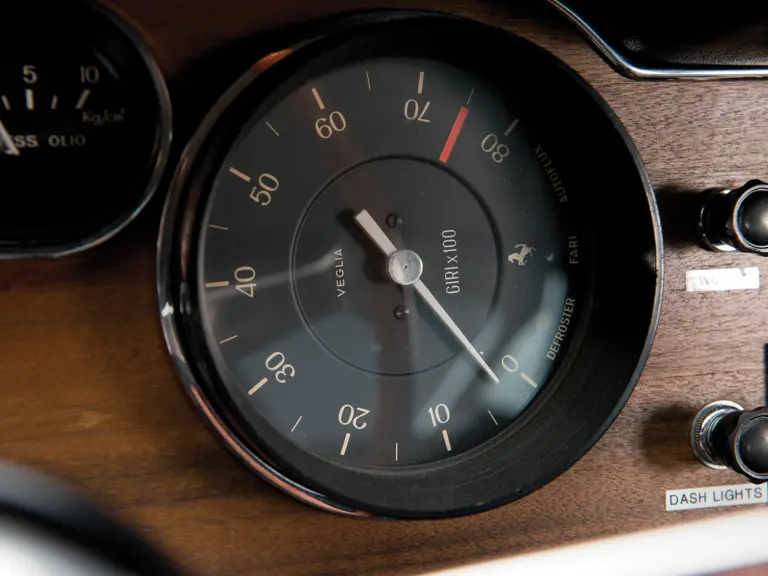
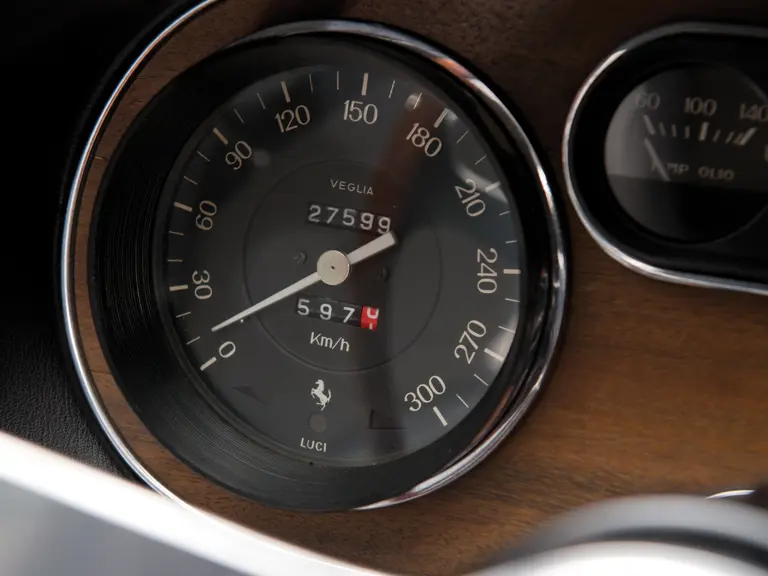
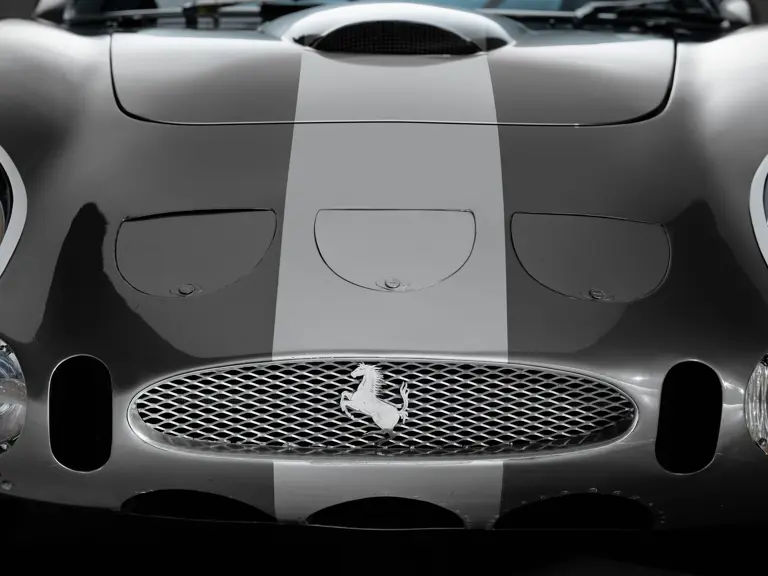
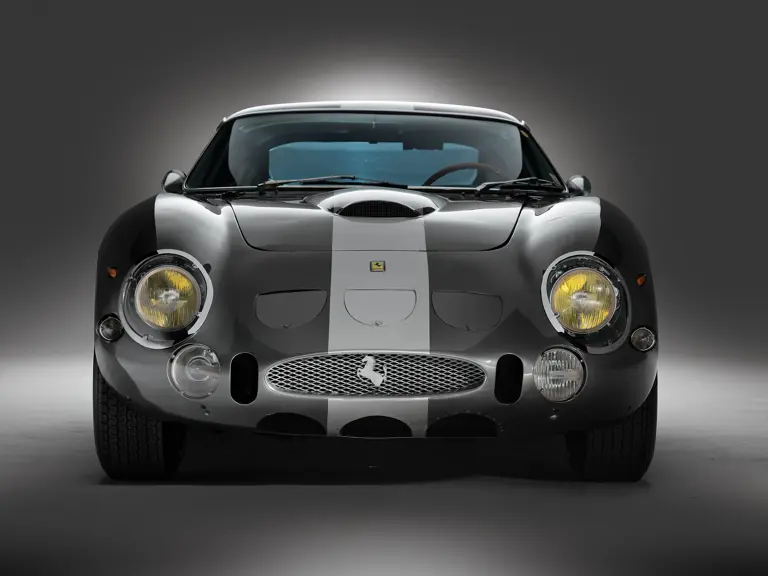
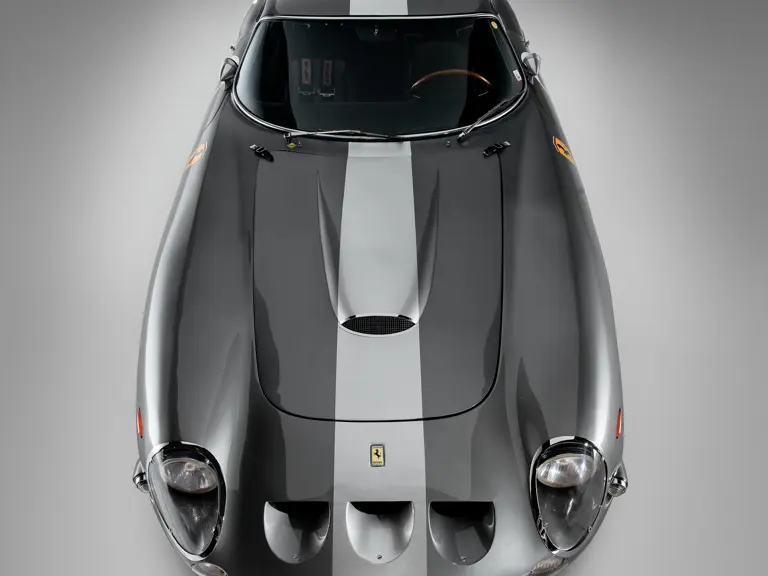
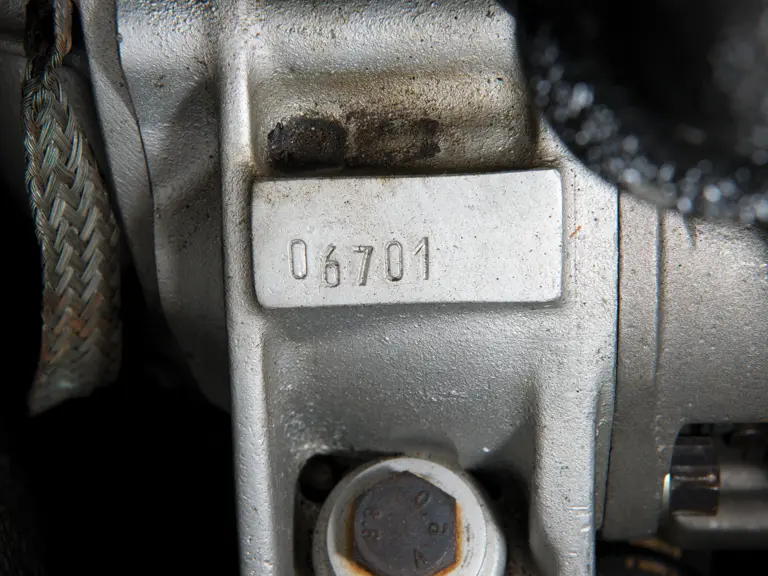
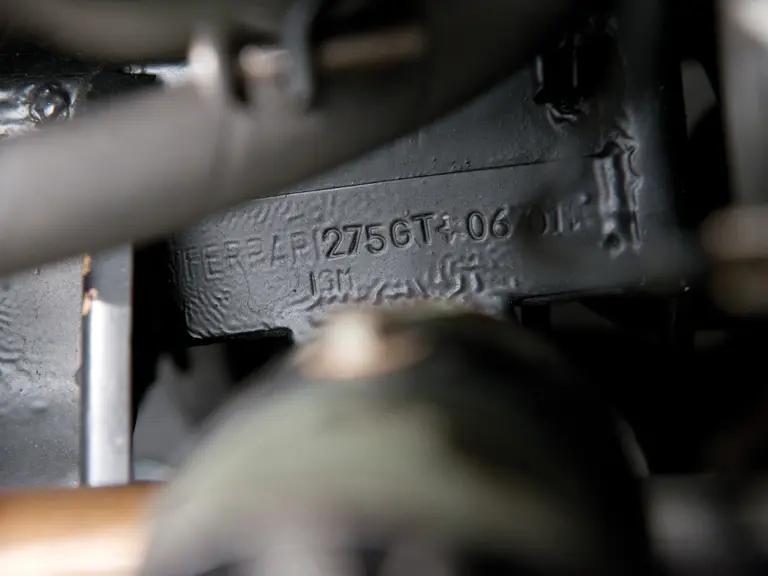
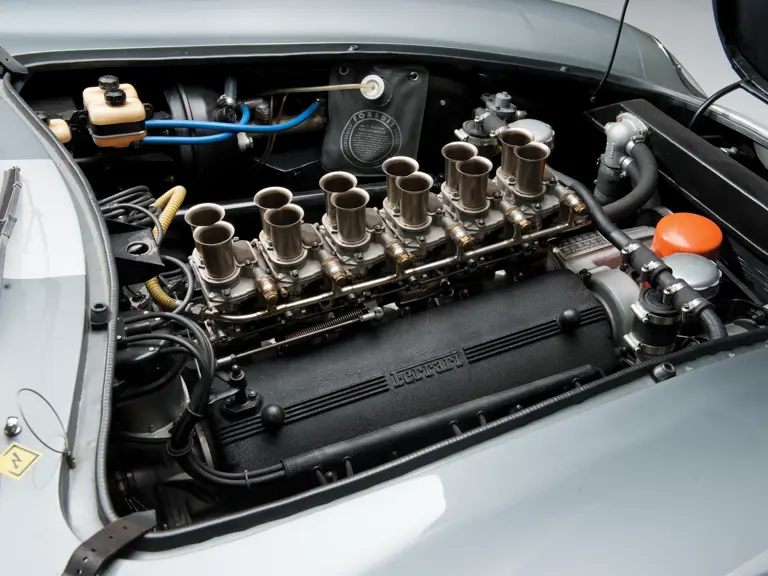
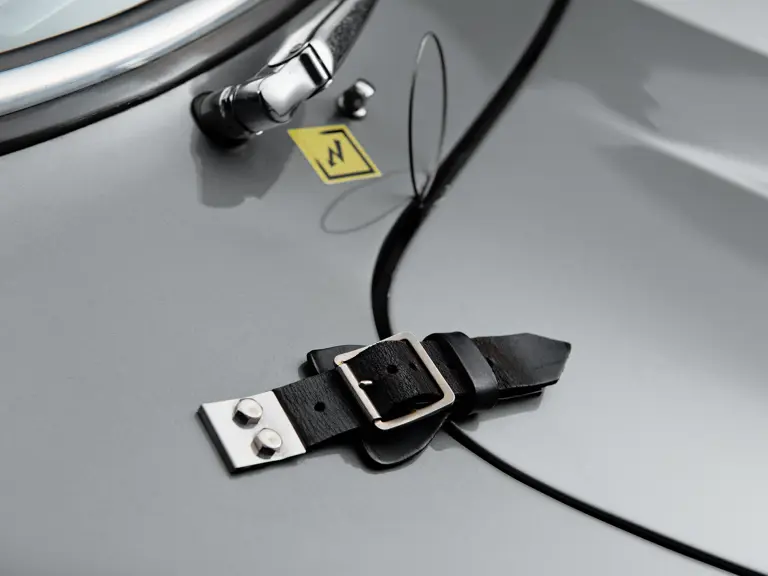
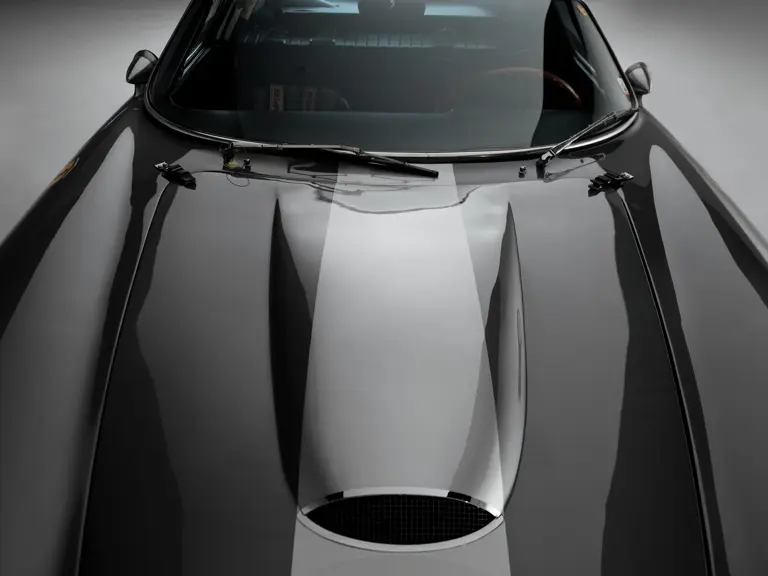
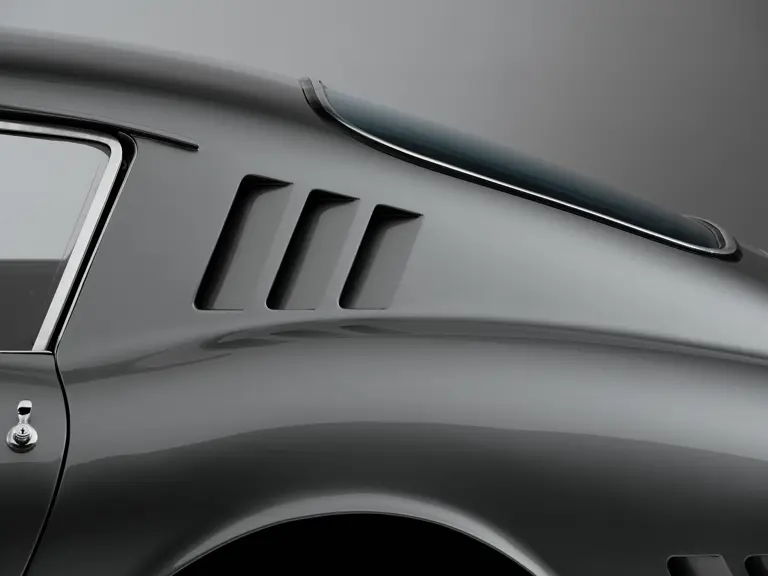
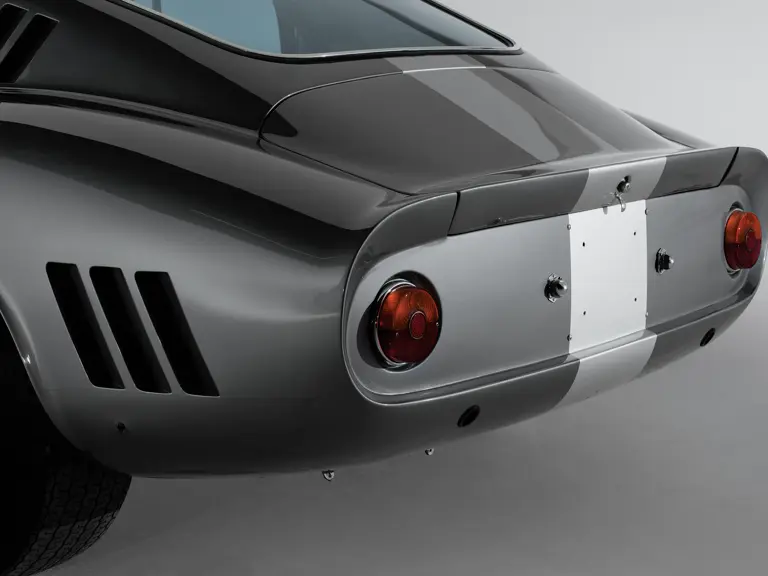
 | Monterey, California
| Monterey, California
